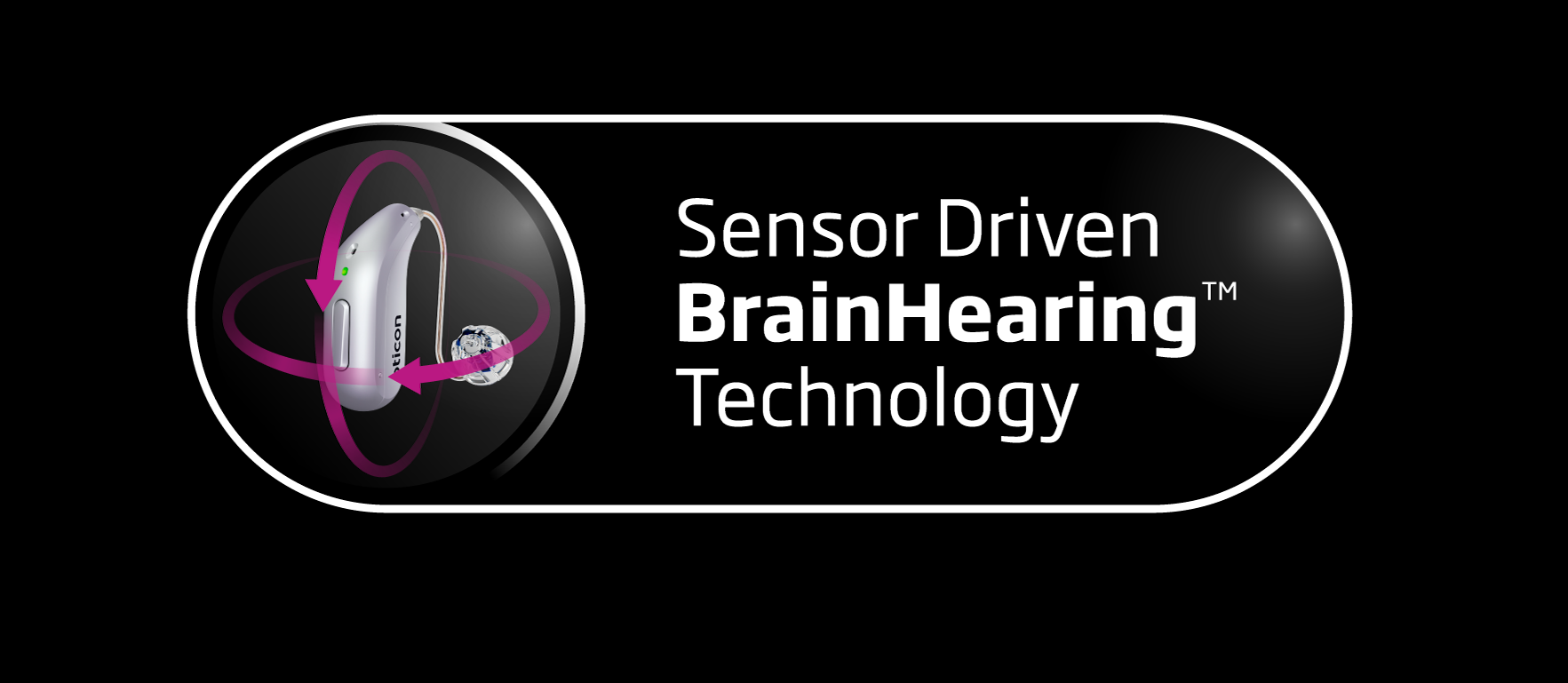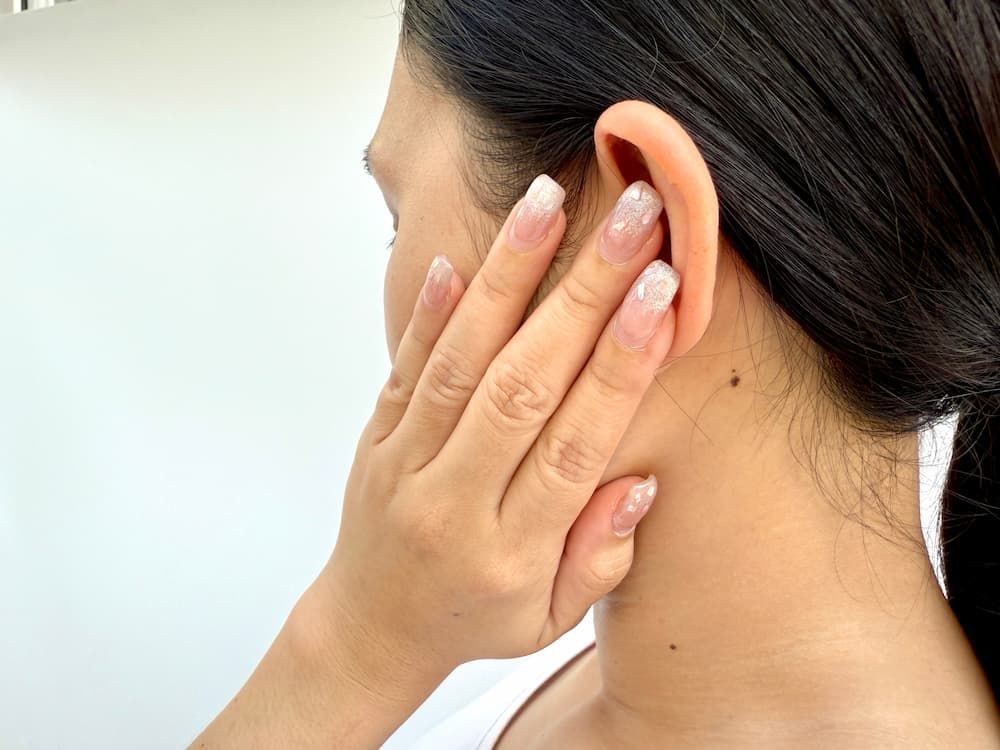Why Cheap Hearing Aids Fail: Risks & Hidden Costs Explained

Cheap Hearing Aids Are A Bad Deal
 There are several potential drawbacks or risks that come with buying hearing aids online or in a "megamart" store. We get asked if "Costco hearing aids" are any good, and our answer is the same: there are many factors to consider, and your hearing and quality of life are at stake. While we at Tinnitus and Hearing Center of Arizona don't have "cheap hearing aids," we do offer affordable
hearing aids from the best brands on the market (in our experience) that have impressive and significant investments in research and leading technologies.
There are several potential drawbacks or risks that come with buying hearing aids online or in a "megamart" store. We get asked if "Costco hearing aids" are any good, and our answer is the same: there are many factors to consider, and your hearing and quality of life are at stake. While we at Tinnitus and Hearing Center of Arizona don't have "cheap hearing aids," we do offer affordable
hearing aids from the best brands on the market (in our experience) that have impressive and significant investments in research and leading technologies.
Cheap doesn't always get you what you need
In our opinion, it is best to buy hearing aids from a local provider who will be able to provide ongoing adjustments and service for the lifetime of the hearing aid (normally the purchase price includes this). Free unlimited office visits on the life of the hearing aid are offered by Tinnitus and Hearing Center of Arizona if you purchase the hearing aid from us.
A hearing aid is a type of medical device. There are many reasons why you should not buy one online. You should get tested before you buy hearing aid so that you know what your hearing loss is. Hearing aids are also custom and must be adjusted. If you buy hearing aids online, a majority of medical professionals will not be able to program your hearing aids. It is recommended that you consult with a professional before you make a decision on any of your medical needs, including hearing aids.
The greatest risk, which is something you should be concerned about, is your overall hearing health. Without proper evaluation and testing, you will not know why you have suffered a hearing loss. Without that knowledge, you easily could mask serious problems that could potentially put your health at risk. It could potentially be an undiagnosed medical problem that is causing your hearing loss that could even result in death. Even if you don't have a medical issue that has to be addressed, a hearing aid that is improperly adjusted could damage your auditory system, and lead to even more hearing loss. You should take your hearing aid device purchase very seriously and realize that hearing sciences training is necessary for treating hearing loss properly. I recommend that you find a reputable local audiologist (us, preferably :) ) who can treat your loss properly and who is available for future adjustments and follow-up. When it comes to your hearing health, you definitely get what you pay for.
With hearing aids, it is important to allow your brain to adjust to being able to hear sounds again. If it is the first time you have used hearing aids, be aware that often they will need to be set lower and adjusted several times until you are accustomed to hearing sounds accurately and comfortably according to your preferences (and everyone is different).
You can't just take your hearing aids and be done
It is important to have a good service program with an actual audiologist so that they can be programmed properly for your specific hearing loss, and help you make the adjustments to them. To ensure they are working properly, you need to visit your audiologist regularly for checkups and cleaning. When you purchase hearing aids online or from a supermarket bulk store, chances are you won't be getting service from experts that are necessary when you buy hearing aids.
The following are a couple of "regrets" we hear from customers that bought hearing aids online:
1. Sound is really personal. If you had visited an audiologist instead and gone through the process with them, you might have picked out a different hearing aid than the one you bought online.
2. When you purchase through an internet provider, you can only buy instant fit CRT aids. You might need custom aids or custom tips.
3. Although they might suggest having an audiogram with the hearing aid, what about Real Ear Measurements, over-all levels, feedback, and more? Just sending a hearing aid and audiogram to a patient is not an actual fitting.
It is essential for hearing aids specifically be programmed for the person's individual ear that is based on an audiometric test. Therefore, the first issue is to ensure that the hearing aids are programmed using a current hearing test.
While there are numerous places online that sell hearing aids, some do this without the manufacturer's permission. One manufacturer sent a letter out that stated it wouldn't honor the warranty for any of the hearing aids that were sold through a specific company (second risk).
Although mild hearing losses may be accommodated through an initial fitting, a majority of hearing losses need to be fit by programming the hearing aid below the loss followed by the hearing aid amplification being increased over time (and over several different office visits) as the person's brain continues to accommodate the increased hearing level.
This is not done by online companies themselves. Some contract with a local provider to do the initial fittings and a certain number of follow-up visits. There are other online companies that don't provide any local service.
That leads to the third risk, and it is a major one. Hearing aids all need periodic maintenance and readjustment in order for the patient to get the best results. Even if some initial support is provided by an online company, usually it is not for longer than the first year. You are completely on your own after that and will need to find someone who is willing to work on your hearing aids that they didn't sell to you. That means you will have to pay for each office visit from that point forward. That can cost up to $150 per visit as a single fee and as much as $1,500 to $2,000 for lifetime services. Even warranty-covered repairs require that a licensed dealer send the hearing aid to the manufacturer so it can be refitted. After the hearing aid has been repaired it is then returned, but you will then have another office visit to pay for.
Here are more reasons to avoid cheap hearing aids.
The information provided in this article is not meant to be medical advice and is for educational purposes only. If you would like to learn more about this and other hearing-related topics, feel free to contact Tinnitus & Hearing Center of Arizona by clicking here or by calling 480-831-6159.











